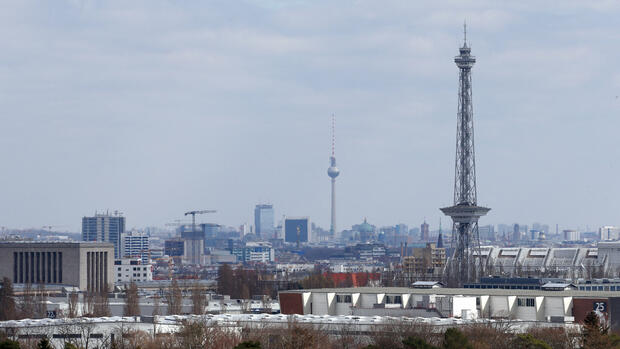Frankfurt The golden days for the German start-up scene are not coming back anytime soon. The total volume of investments in the first six months of this year fell by 49 percent to 3.1 billion euros. This emerges from an analysis by the consulting firm EY (Ernst & Young).
The development is mainly due to the fact that there were significantly fewer large financing rounds. While in the first half of 2022 there were still 15 worth more than 100 million euros, there were only five in this category in the first six months of this year. The absolute number of financings was also lower in this half-year: After 549 deals in the same period of the previous year, there were only 447 in the first half of 2023, a decrease of 19 percent.
The financing environment for start-ups has deteriorated significantly given geopolitical risks, high inflationary pressures in line with higher interest rates and weak economic activity. “The effects triggered by this present young companies with the task of making their business models weatherproof, setting up realistic and reliable sales forecasts and showing the way to profitability,” says Thomas Prüver, Partner at EY. “That’s the clear focus that investors want to see.”
A venture capital investor (VC) explained that every crisis also leads to the free riders jumping off the market. Therefore, investments made today would most likely add long-term value.
The market environment also makes it difficult for venture capital funds to raise new funds. With interest rates rising, investors again have many alternatives to investing, such as government bonds. When they give money to start-ups, they orientate themselves on the fallen ratings of listed competitors and implement so-called downrounds, i.e. lower company ratings.
>> Read here: Why the USA is overtaking the Europeans in AI investments
As a result, family offices and institutional lenders have become cautious about valuing their portfolios for venture capital. Three-quarters expect more rounds of downs in their portfolios over the next 12 months due to falling valuations, according to a survey by Coller Capital this summer. Julian Riedlbauer from the consulting firm GP Bullhound explains: “Investors and buyers are highly selective, they only continue to pay high valuations if the companies are growing very quickly and are still profitable or become profitable in the short term.”
Berlin defends top spot
According to the EY analysis, most of the money (769 million euros) flowed into the area of software and analytics among the start-ups, followed by the area of energy with investments of 677 million euros. Start-ups active in e-commerce received venture capital of 395 million euros. The study classifies companies that are no more than ten years old as start-ups.
The federal capital remains the hotspot of the German scene. With 170 financing rounds, young companies in Berlin accounted for around 38 percent of all financing rounds counted in this country. It is followed by Bavaria and North Rhine-Westphalia. In terms of the total amount of venture capital invested, Berlin is ahead with almost 50 percent or a good 1.4 billion, but had to accept a decline of 56 percent. Bavaria was able to significantly expand its market share.
The importance of sustainable business models has also increased. The volume invested in start-ups related to sustainability amounted to 910 million euros – a record value. Every fifth round of financing took place in this segment.
On the other hand, there was no movement on the market for IPOs. No venture-funded start-up went public in the first quarter of 2023. Investors continue to act cautiously and hope for an improved market environment, shows the KfW VC Dashboard, the new regular analysis of the VC market that KfW Research publishes quarterly. Investment bankers do not expect a thorough revival in IPOs until next year.
More: Insolvencies could reach a new record high
